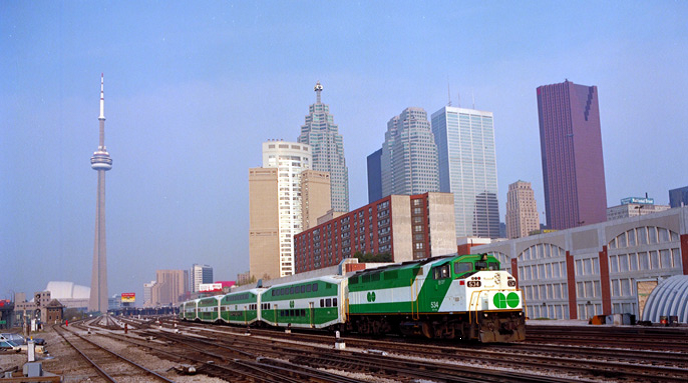Nitpick: The hybrid orders were only converted to diesel after we already had 700 of the things running around here, it wasn't just a "few" units.
But yes, I share your skepticism. The TTC is historically known to enthusiastically bet on the wrong new technologies (CNG, hybrids). Maybe it will all be perfectly fine, but the fact that they're junking the perfectly serviceable 8100 series diesels rather than the NG hybrids which have been a thorn in the TTC's side since they arrived shows me it's not the city's finest minds involved in this project.
To be fair to TTC. It was more political that they got hybrid buses , especially considering it was around the time they started getting rid of CNG buses the year they got hybrids.
Plus they were getting hybrid buses as a discount because of higher levels of government, so might as well take advantage of the funding , even if the product is trash.
On the bright side, the GMs had to be in service longer.
Just like the current EV buses coming in now, the funding their getting from the feds is quite a lot. It will definitely hurt TTC and their operations. And the CEO will had to answer for that. But we all know , when politicians run the show, the thinking is in the moment without thinking of the long term affects.
TTC didn't want EV and they have reported on the warnings of EV. Particularly the load on the grid, charge times , etc. But obviously even the warning they reported on theyll need to be careful with because if makes the politicians look bad, they're on the chopping block.
Ultimately TTC will get blamed when this current batch of EV fails. Everyone will forget the warnings TTC gave. And by then well have a new CEO anyways blaming the previous administration.
Rinse and repeat every few years.





